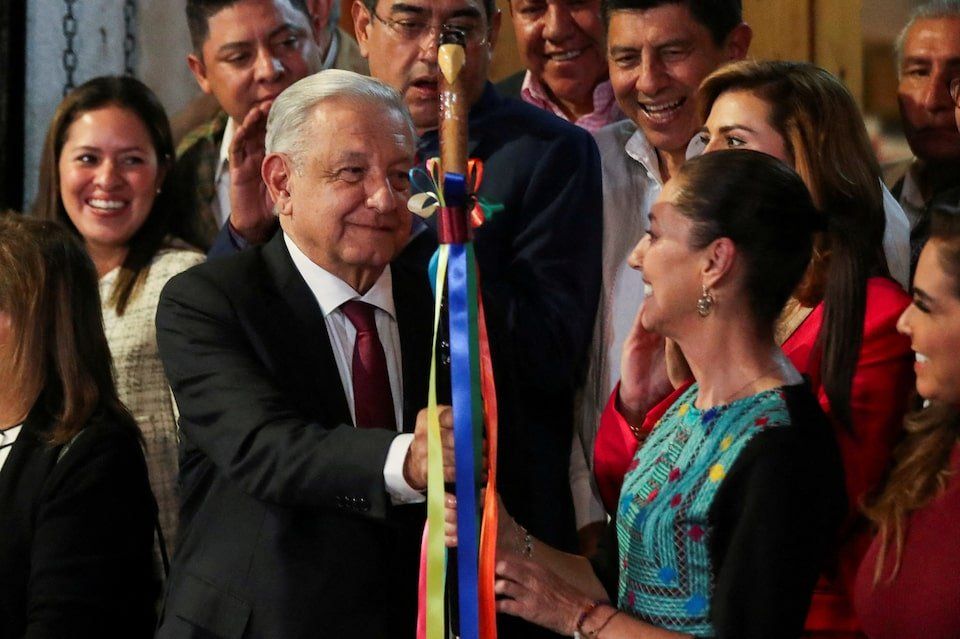In her first press conference since winning the Mexican election in a landslide earlier this month, president-elect Claudia Sheinbaumbacked a highly controversial plan to introduce a popular vote for the country’s Supreme Court justices.
The reform is the brainchild of current President Andrés Manuel López Obrador, aka AMLO, a charismatic left(ish) populist whose Morena party won a supermajority in Congress and fell just shy of one in the Senate.
Directly electing Supreme Court justices via popular vote would put Mexico in the company of just one other country that we know of: Bolivia, where AMLO’s ideological cousin Evo Morales instituted the practice in 2009.
AMLO and his supporters say the move would introduce more accountability to a system long dominated by corrupt elites.
But critics say it would dangerously politicize the justice system, upending the rule of law right as Mexico tries to catch an investment boom from “nearshoring” – that is, the trend of US-oriented companies moving their factories out of Asia as a way to skirt US-China trade tensions and avoid future global supply chain issues.
The skeptics could be right: The Mexican peso fell 2% after Sheinbaum’s comments.
